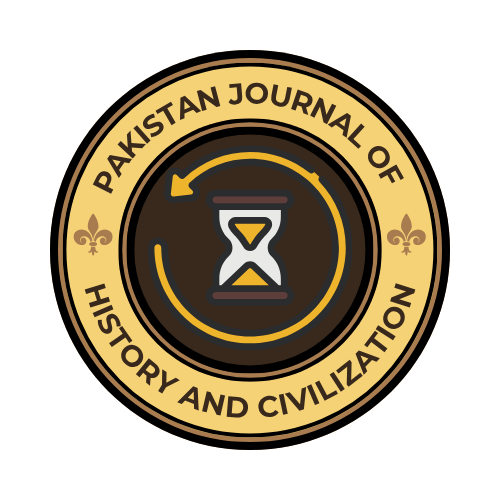THE EFFECT OF PUBLIC HEALTH CAMPAIGNS ON PREVENTING INFECTIOUS DISEASES IN PAKISTAN
Keywords:
Public health campaigns, infectious diseases, disease prevention, Pakistan, tuberculosis, malaria, health communication, healthcare policy, public response, public health strategiesAbstract
Public health campaigns are a pivotal tool for preventing infectious diseases in low-resource countries like Pakistan. Despite numerous efforts, Pakistan continues to struggle with the prevention and management of infectious diseases, including tuberculosis, malaria, hepatitis, and more recently, COVID-19. This article investigates the effectiveness of public health campaigns in combating these diseases in Pakistan, focusing on the scope of preventive measures, the public's response to health messaging, and the role of government and non-governmental organizations (NGOs) in the distribution of health information. By examining both successes and failures of past campaigns, this paper outlines the necessary strategies to improve future interventions and recommends a multifaceted approach involving both traditional and modern communication methods.

Downloads
Published
Issue
Section
License
The Pakistan Journal of History and Civilization operates under an open-access policy, allowing unrestricted online access to all published content. Authors retain copyright of their work while granting the journal the right to publish and distribute it. Articles are free to read, download, and share, provided proper attribution is given to the original authors. Commercial use or redistribution without permission is not allowed.


